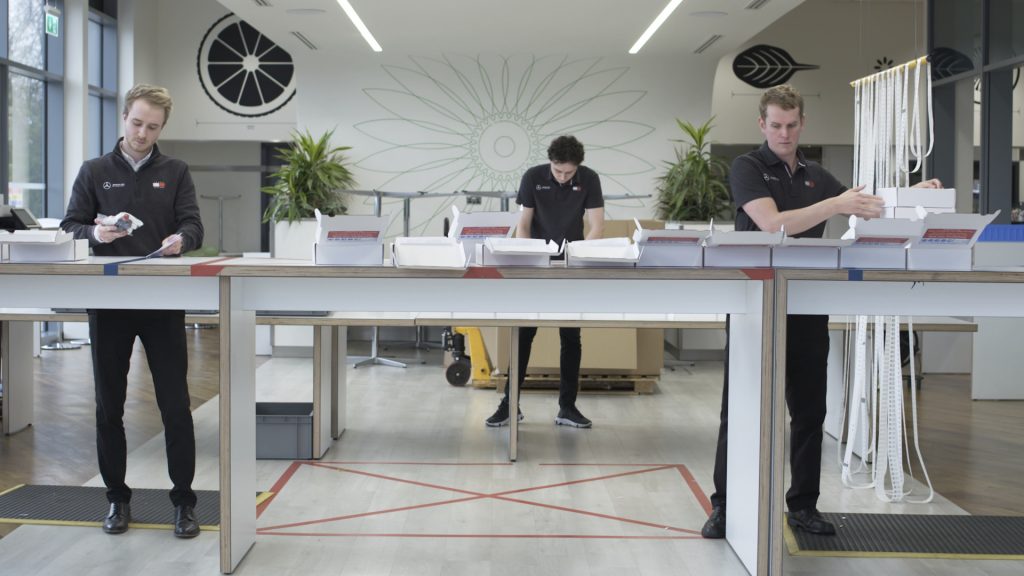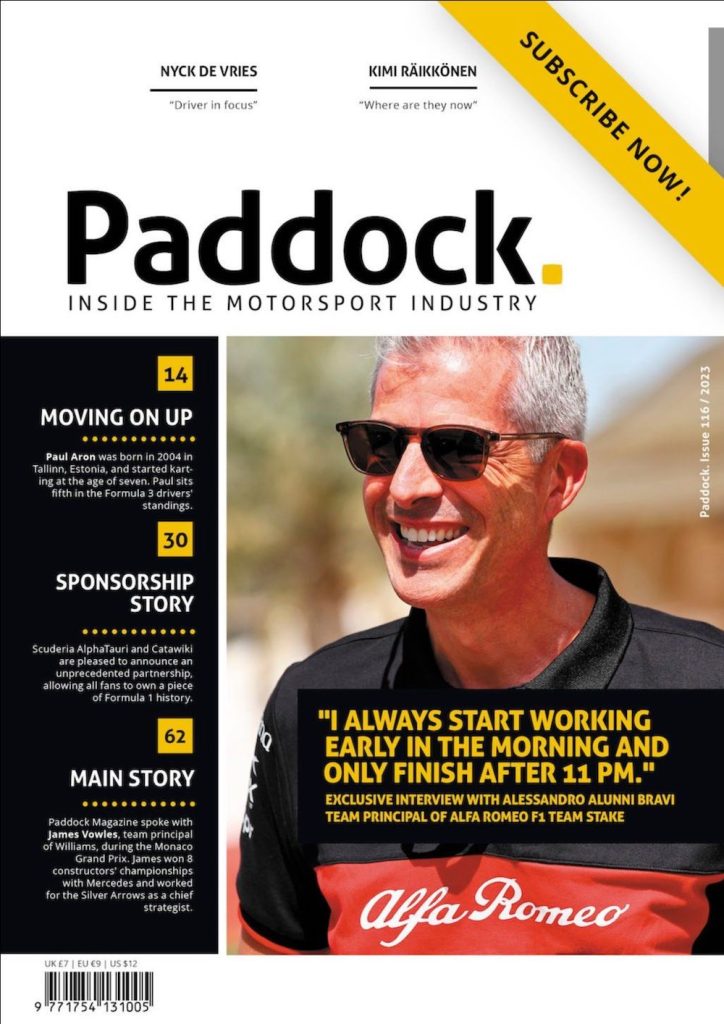Professor Michael Arthur, UCL President & Provost, said: “I am very proud to see UCL in collaboration with industry and international partners make such a speedy and potentially life-saving contribution to the national interest at this time of unprecedented challenge for our country and so many others around the world.”

The newly developed CPAP device. Photographer: James Tye / UCL
Professor David Lomas (UCL Vice-Provost Health) said: “This breakthrough has the potential to save many lives and allow our frontline NHS staff to keep patients off ventilators. I would like to pay tribute to the incredible team of engineers and clinicians at UCL, HPP and UCLH, for working round-the-clock to develop this new prototype. It is, quite simply, a wonderful achievement to have gone from first meeting to regulator approval in just ten days. It shows what can be done when universities, industry and hospitals join forces for the national good.”
UCLH Chief Executive Marcel Levi said: “This is a real team effort and I am proud of colleagues at UCLH and our partners at UCL and HPP for their immense work to produce this device in such a short time. We hope this effort can be rolled out to hospitals across the UK to benefit all patients.
Everyone involved in this project should know that their efforts will have a truly significant impact on patient care.
Professor Bryan Williams, Director of the NIHR Biomedical Research Centre at UCLH, said: “This is a fantastic example of collaboration across the UK life sciences and industry sector that could only have happened this quickly because of the partnerships the BRC has cultivated over many years.”
Andy Cowell, Managing Director of Mercedes-AMG High-Performance Powertrains, said: “The Formula One community has shown an impressive response to the call for support, coming together in the ‘Project Pitlane’ collective to support the national need at this time across several different projects. We have been proud to put our resources at the service of UCL to deliver the CPAP project to the highest standards and in the fastest possible timeframe.”

CPAP Production imagery from Mercedes-AMG High Performance Powertrains in Brixworth, UK.
Andy Obeid, Chief Executive of Oxford Optronix, a small business that will manufacture the oxygen monitors for the CPAP devices, said: “By working flat out and mobilising the support of every individual in my company as well as other small companies across the UK, we have accomplished something in five days that would normally take two years.
“I am delighted we have been able to design, develop, test and manufacture a bedside monitor that will continuously measure the concentration of oxygen being delivered to the patient and is ready for clinical trials.”
Professor Yiannis Ventikos (Head of UCL Mechanical Engineering) said: “MechSpace is where we teach our students how to design, build and test simple and complex machines using state-of-the-art equipment and methods. In this phenomenal environment, our engineers were well placed to act with speed and create critical equipment that our hospitals need.”

CPAP Production imagery from Mercedes-AMG High Performance Powertrains in Brixworth, UK.
CPAP machines are routinely used by the NHS to support patients in a hospital or at home with breathing difficulties. They work by pushing an air-oxygen mix into the mouth and nose at a continuous rate, keeping airways open and increasing the amount of oxygen entering the lungs. Invasive ventilators deliver breaths directly into the lungs but require heavy sedation and connection to a tube placed into the patient’s trachea (windpipe).
*‘Project Pitlane’ is a collective of UK-based Formula 1 teams and their respective technology arms coordinating a response to the UK government’s call for assistance with the manufacture of medical devices. It will pool the resources and capabilities of its member teams, focusing on the core skills of the F1 industry: rapid design, prototype manufacture, test and skilled assembly. F1’s ability to respond rapidly to engineering and technological challenges allows the group to add value to the wider engineering industry’s response.





Related Articles